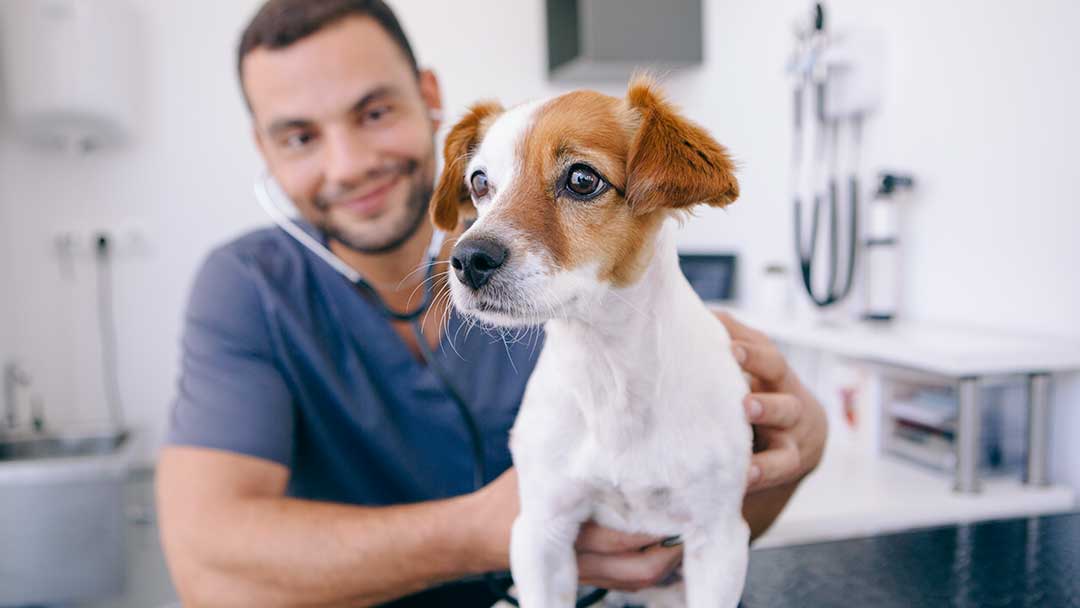
Seizures in Dogs
Unfortunately, seizures can happen to animals, as well as people. If you’ve seen your beloved pet go through a seizure you would know how terrifying and upsetting the experience can be.
Seizures are actually one of the most common neurological conditions in dogs, with veterinarians treating canines for seizures on a regular basis. To give you a better understanding of what is happening to your dog, and how your vet will be able to help, we’ve put together some information for you below.
Signs and Symptoms of Seizures in Dogs
To begin with, let’s look at some of the signs and symptoms of seizures in canines, so you’ll be able to recognise if your pet is in trouble and needing vet assistance. These signs include:
- Collapsing onto their side
- Body going rigid
- Glazed eyes
- Twitching muscles
- Losing control of bladder or bowels
During a seizure, dogs will either lose consciousness or seem out of it in general, even hallucinating. Dogs have been known, for example, to snap or growl at imaginary objects. It’s best to stay away from your dog’s mouth if they’re having a seizure or they may unintentionally bite you. Dogs are in no danger of swallowing their tongues, so there’s no reason for you to worry about holding their mouths open.
If you’re seeing these signs in your dog right now, please seek emergency veterinarian attention immediately.
What Causes Seizures in Dogs?
Seizures are caused by abnormal electrical activity happening in the brain. Sometime, if seizures recur frequently, your dog may have epilepsy. Other causes may include brain trauma, head injury, brain tumours, toxins from poisoning, or kidney or liver disease.
It’s notable that seizures often occur at particular times of brain activity, for example, when your dog is just waking up or about to fall asleep, or if they are particularly excited.
Some dogs have shown that they seem to sense that something is about to happen, exhibiting odd behaviour just prior to the seizure such as hiding, shaking, whining or drooling more than usual.
How Can Your Vet Help with Seizures?
A professional veterinarian will be able to examine your dog and look at potential reasons for the seizure – whether there’s an underlying physical condition, if your dog is suffering from epilepsy or if poisoning has occurred. He or she will be likely to ask you how long the seizure/s occurred for, and if it’s happened more than once.
Dogs are generally treated with anticonvulsant medication to control the seizures. Your vet will be able to provide you with professional informative advice and discuss such treatment options with you.
A good vet will understand how scary this experience must be for you and your dog and do their best to help you work out a manageable treatment plan.